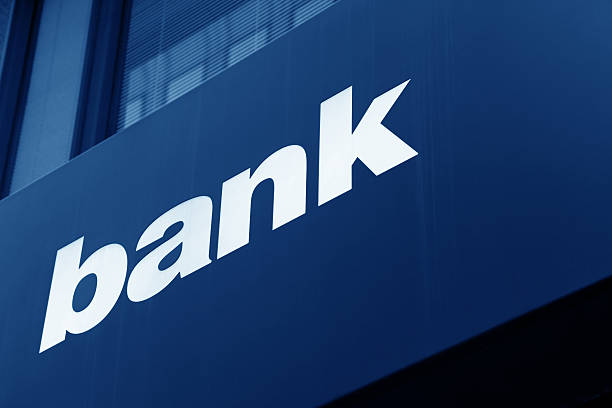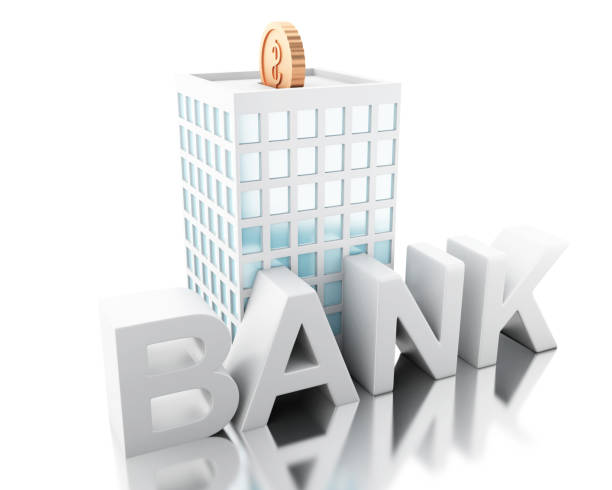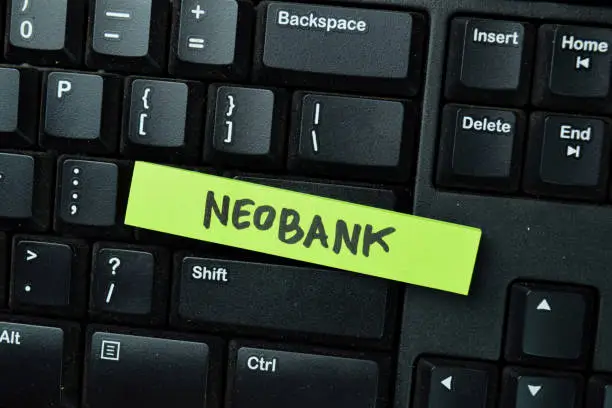Imagine a society in which cash is no longer a burden on your wallet and foreign transactions are without precious costs or lengthy delay times. This is what digital currencies — virtual cash that’s converting our understanding of finance — promise. The use of digital currencies, similar to government-backed digital currencies( CBDCs) and cryptocurrencies like Bitcoin, is rapidly expanding in the global fiscal system. However, they’ve advantages and disadvantages like any other specialized advancement. Let’s examine this digital coin from both angles.

The pros of digital currencies
The following are some advantages of virtual coins:
- Fast and cost-effective transactions
The rapidity at which operations may be finished is one of the main benefits of digital currency. Digital currencies may be exchanged very instantly, while international trade through conventional banking networks can take days to process. Additionally, compared to conventional banks or payment providers, transaction fees are typically much lower, which makes virtual coins appealing to both people and companies.
- Financial inclusion
The unbanked demographic may be able to access monetary services thanks to digital currency. Millions of individuals throughout the world do not have access to conventional banking. Nonetheless, consumers may engage in the digital marketplace with only a smartphone and a web connection, which makes digital currencies a vehicle for better financial inclusion.
- Transparency and security
Blockchain innovation, which provides a high degree of safety and openness, powers the majority of coins. A decentralized ledger that makes it difficult to change or manipulate records every transaction. As a result, there is less chance of corruption and fraud, making virtual currencies a reliable form of payment.
- Decentralization and autonomy
Many electronic currencies are decentralized, meaning no single institution controls them, in contrast with conventional currencies that are governed by central banks. Users now have greater financial power, independent of governmental regulations and inflationary pressures brought on by excessive money production.
- Potential for innovation
Innovation in many different areas is being stimulated by digital currency. The potential uses are numerous and revolutionary, ranging from decentralized finance (DeFi) systems that provide loans without middlemen to smart contracts that run automatically when certain criteria are satisfied.
The cons of digital currencies
The following are the drawbacks of digital currencies:
- Price volatility
Numerous digital currencies suffer from severe price volatility, even though they provide intriguing opportunities. An individual’s investment may soar one day and then fall the next. Virtual currencies are perilous because of their uncertainty, particularly for people who don’t have a high threshold for financial instability.
- Lack of regulation
Digital currencies’ decentralized structure empowers users, but it also presents a big problem: regulation. Investors are exposed to fraud, tampering, and scams in the absence of uniform regulatory regimes. Furthermore, governments everywhere continue to struggle with how to control virtual coins without impeding innovation.
- Environmental concerns
Mining cryptocurrencies like Bitcoin uses a lot of energy, which raises ecological problems. The long-term viability of some virtual currencies is called into doubt since the costly procedure of maintaining the distributed ledger and validating transactions uses more electricity than in some other nations.
- Limited acceptance
Despite their increasing acceptance, virtual currencies are still not widely used. They are still not widely accepted as a legitimate method of payment by many companies and retailers. Their usefulness in daily life is still relatively restricted until they are widely adopted.
- Technical barriers and risks
Not everyone has the technical expertise needed to comprehend how to utilize virtual coins responsibly. Real concerns include things like losing accessibility to a virtual wallet or being a target of phishing schemes. In the realm of virtual currencies, there is frequently no redress, in contrast to traditional institutions that can assist in recovering stolen cash.
A balanced perspective
Unquestionably, digital currencies are changing the financial landscape and providing a preview of what a cashless future may entail. They have a strong potential to promote innovation, lower fees for transactions, and improve financial accessibility. They are not without difficulties, though; technological hazards, price swings, legislative ambiguity, and environmental effects continue to be major obstacles.
You may also find these articles helpful
Everything you need to know about Ellevest Robo-advisor
Best ways to transfer money from the USA to India
Best way to transfer money from Canada to Singapore





